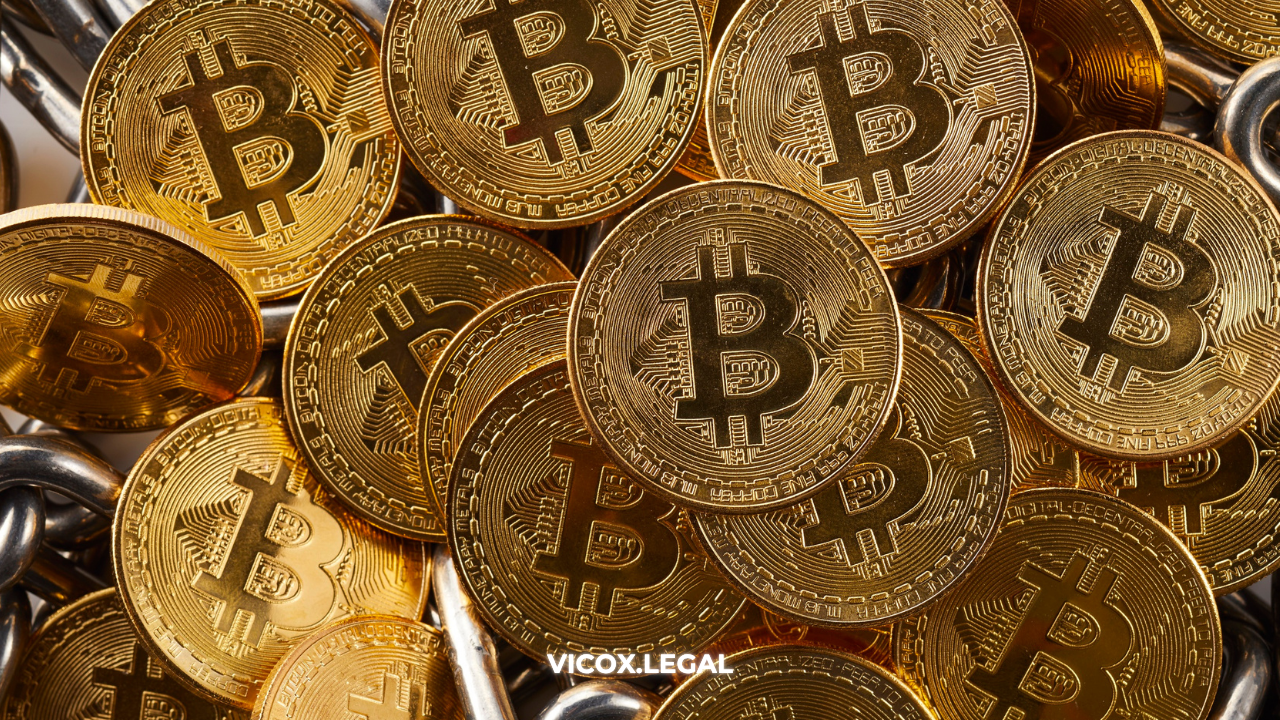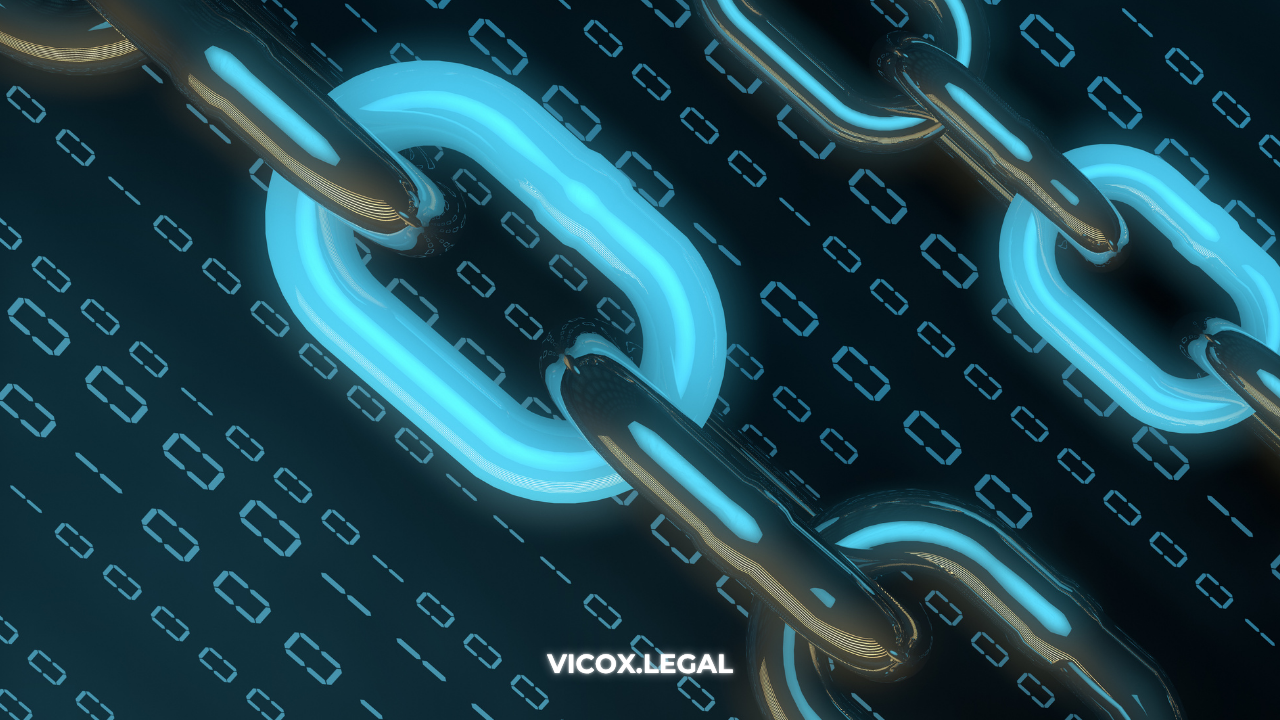Blockchain technology and Decentralized Finance (DeFi) are rapidly changing global financial sectors. Specifically, the real estate market is benefiting from this disruptive change. DeFi, or Decentralized Finance, is a peer-to-peer financial system based on blockchain that removes traditional intermediaries such as banks and financial institutions, enabling users to lend, borrow, and conduct transactions more efficiently.
What Is DeFi and How Is It Impacting the Real Estate Market?
DeFi has revolutionized the way we manage investments. Instead of relying on traditional institutions like banks and real estate agents, DeFi provides an autonomous, decentralized system for buying, selling, and financing real estate. Through blockchain-based platforms, investors can access new opportunities such as tokenizing properties without the need for intermediaries.
Below, we’ll explore some of the ways DeFi is reshaping the real estate industry:
Property Tokenization: A Step Towards Fractional Ownership
Property tokenization is one of the most significant advancements within DeFi. This technology allows a property to be divided into smaller parts (tokens) that can be bought and sold, making it easier for smaller investors to participate. Instead of having to buy a whole property, investors can purchase fractions, diversifying their portfolios without the need for large initial investments.
Digital Properties and NFTs in the Real Estate Market
Thanks to DeFi’s smart contracts, properties can be converted into digital assets (NFTs), allowing users to buy or sell real estate assets quickly and securely. This digitalization increases transparency, as property data such as ownership and location is recorded on a blockchain, accessible to all.
Decentralized Loans and Financing: Faster and Safer Options
Obtaining financing through DeFi is faster and less bureaucratic than traditional methods. Loans on DeFi platforms are facilitated through smart contracts, meaning lenders and borrowers can interact directly without needing a financial institution as an intermediary. Loans can be backed by crypto assets as collateral, offering a more accessible and efficient model for those seeking financing for property purchases.
Benefits of DeFi in Real Estate
Integrating DeFi into the real estate market brings several key benefits:
- Global Accessibility: DeFi platforms allow anyone with internet access to participate in buying, selling, and trading properties, regardless of their geographic location.
- Transparency: By recording each transaction on a public blockchain, DeFi offers greater transparency compared to traditional methods, reducing the risk of fraud.
- Faster Transactions: Transactions conducted through DeFi platforms are much quicker than those made through traditional banks, allowing investors and buyers to close deals more efficiently.
- Fractional Ownership: DeFi allows small investors to buy shares of a property, lowering the barrier to entry for participating in the real estate market.
- Improved Liquidity: DeFi converts real estate assets into easily tradable tokens, providing liquidity, something that has historically been a limitation in the real estate market.
The Future of DeFi in Real Estate
The future of real estate investment looks increasingly digital thanks to DeFi. Blockchain-based platforms not only offer faster and more cost-effective solutions but also promote democratized access to real estate. As more people discover the potential of DeFi, we’re likely to see increased adoption of these systems, completely transforming how we buy, sell, and finance properties.
DeFi and blockchain technology are here to stay, and their impact on the real estate sector is just beginning. With more transparency, security, and new investment opportunities, the future of real estate looks more accessible and dynamic than ever.




